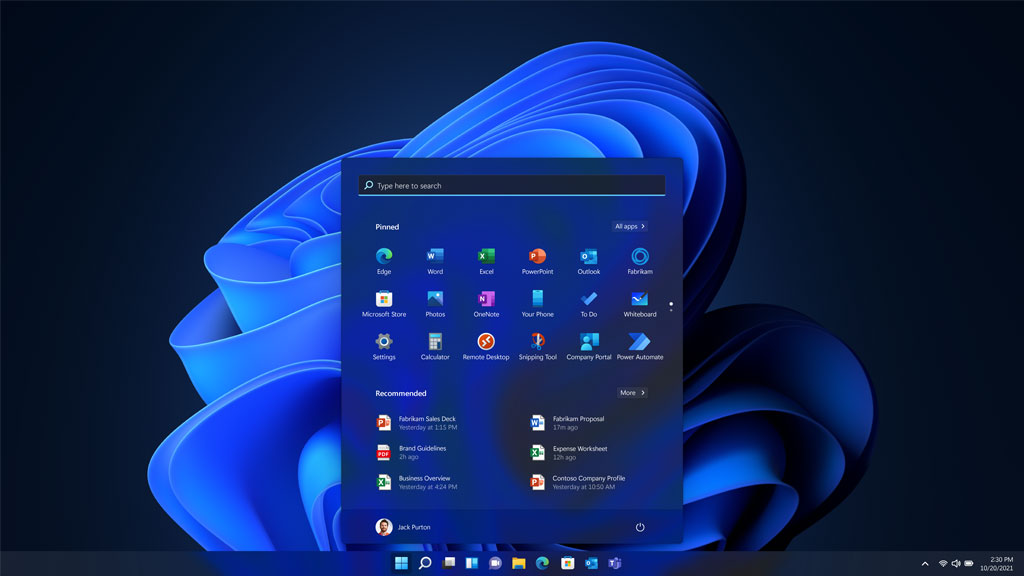Microsoft published a blog post on Friday adding several new CPUs to the Windows 11 compatibility list, but AMD’s first generation Ryzen processors aren’t among them. Microsoft stated that “after carefully analyzing the first generation of AMD Zen processors in partnership with AMD, together we concluded that there are no additions to the supported CPU list.”
The CPUs that Microsoft did add are all from Intel’s 7th Generation Core series, but not the mainstream processors most PC gamers would likely have in their systems. All the CPUs are part of Intel’s workstation Xeon line except one, the Intel Core 7820HQ mobile CPU that happens to be in the Surface Studio 2 system that Microsoft currently sells.
Here are the CPUs that made the compatibility list today:
- Intel Core i7-7820HQ
- Intel Core i5-7640X
- Intel Core i7-7740X
- Intel Core i7-7800X
- Intel Core i7-7820HQ
- Intel Core i7-7820X
- Intel Core i7-7900X
- Intel Core i7-7920X
- Intel Core i9-7940X
- Intel Core i9-7960X
- Intel Core i9-7980XE
Microsoft’s blog post details the “reliability, security, and compatibility” principles that guided which CPUs did and did not make the cut, but the statistics it uses to explain reliability are hard to parse. Microsoft states that “Machines that met the requirements provided a 99.8% crash-free experience that is effectively managed by OEMs and IHVs through modern driver update management” and that “those that did not meet the minimum system requirements had 52% more kernel mode crashes (blue screens) than those that did meet the requirements.”
Does “a 99.8% crash-free experience” mean that 99.8% of the systems that met the Windows 11 requirements didn’t crash at all? Or does it mean that they weren’t crashing 99.8% of the time? And if systems that did not meet the minimum requirements had 52% more kernel mode crashes, isn’t that actually a tiny difference if only 0.2% of compatible PCs experienced crashes? The statistics don’t offer a clear or convincing picture of how much worse Windows 11 performance will be on a CPU that misses the minimum requirements.
Microsoft’s compatibility list will determine whether your PC will automatically get a Windows Update prompt to upgrade to Windows 11 when the time comes, but the company said today that it won’t block users from installing the OS on a system that doesn’t meet the minimum requirements. If you have an AMD Ryzen 1000-series CPU, for example, you can throw the Windows 11 ISO on a USB drive and install it as long as you meet these basic requirements:
- TPM 1.2 enabled
- 64GB storage
- 4GB RAM
- At least a dual-core CPU
This is good news for PC hobbyists, but it makes Windows 11’s rollout even more confusing. There are now two different “minimum” requirements, one for whether you can manually install the OS, and the stricter requirements for receiving an automatic, officially sanctioned update to Windows 11. Enjoy explaining to your relatives why their computer isn’t technically compatible with Windows 11 as you install it for them with a thumb drive over the holidays.
Windows 11’s full release is now just a couple months away, but you can actually try it now in the browser without installing.


